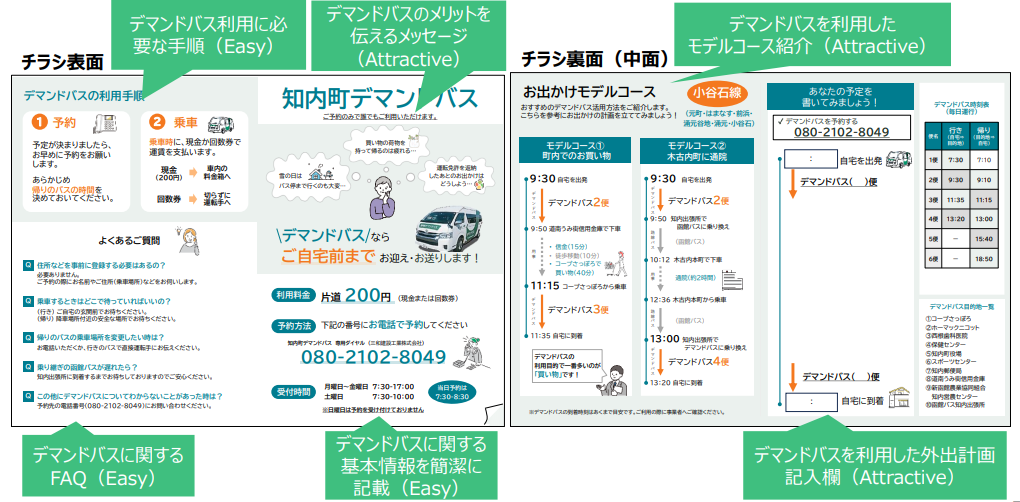Climate change is a critical issue. However, the effects of climate change education have not been quantified. This paper investigates the contribution of education in curtailing climate change by measuring household energy consumption and behaviors. We developed an educational program incorporating the United Nation’s Sustainable Developmental Goals, active learning, and behavioral science insights, including nudges and the stages of change model, and enrolled 2016 junior high and high school students throughout Japan. After excluding those who did not provide consent for their data to be used as well as outliers from the statistical data, finally 300 students were included in the analysis. Each student recorded their home electricity and gas meter values and checked the implementation of 16 energy-saving behavior items. Implementation of the 16 items improved by 22.4 percentage points after the lessons. Decreases in electricity and gas usage were particularly notable following the third lesson. Average CO2 emissions generated by electricity and gas decreased 3.7% (0.39 kg/day) per household. We found that conducting climate change education in junior and senior high schools contributed to decreasing household CO2 emissions. The developed climate change education program led to a 3.7% reduction in household CO2 emissions, confirmed by meter readings, and the results of the questionnaire survey revealed changes in awareness and energy-saving behavior. If the developed program were widely introduced, it might contribute to CO2 reduction at home.
- 論題
- Development of a Climate Change Education Program Using Knowledge of Behavioral Science Such as Nudges and Verification of its Effects inDecreasing CO2 at Home
- 著者
- Ayako Mikami, Noriko Akaishi, Sho Hirayama, Mai Yata & Keiko Nagao
- 掲載誌
- International Journal of Home Economics, 15(1), 157-170.

